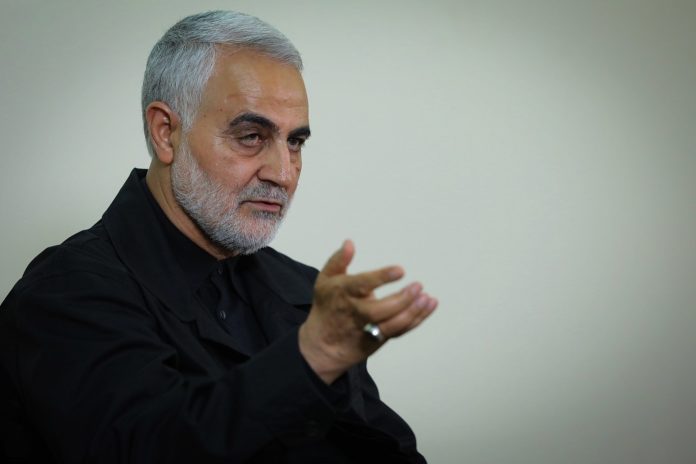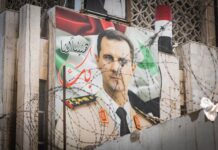Qassem Soleimani is a controversial figure among Muslims in the Middle East. While Iran and its allies praise him as a hero who successfully fought the nation’s enemies and helped defeat ISIS, others believe he played a bloody role in quelling uprisings in Syria and Iraq. So who is the real Qassem Soleimani?
Over the past few days massive funeral processions have taken place in Iraq and Iran to mourn General Soleimani who was killed in a U.S. airstrike last Friday. Other large commemorations have taken place in Lebanon, Syria, Yemen and among Shia disaporas across the world.
Iran has promised retaliation for the killing which has led President Trump to issue dire warnings of further retribution to Tehran.
Meanwhile, Soleimani’s detractors in places such as Syria, Iraq and Saudi Arabia have been celebrating his death.
Soleimani, 62, started his military career by joining the Islamic Revolution Guards Corps in 1979. During the Iran-Iraq war in the 80s he gradually became known as an adept commander leading Iranian troops in numerous battles against Iraqi forces.
Later he was appointed chief of the IRGC’s expeditionary Quds Force, and gradually became a significant figure in Iran’s push to project influence with regional states (Iraq and Syria) and allies (Hezbollah, Hamas, Houthis) in the region.
As uprisings began in Syria and Iraq, the IRGC commander emerged as a key strategist leading Iranian military advisers assisting Syrian government and Iraqi troops in battles which were presented as confrontations against “takfiris” or “terrorists.” The general was frequently pictured on the frontlines during battles from Iraq’s Mosul to Syria’s Aleppo.
Subscribe to our newsletter and stay updated on the latest news and updates from around the Muslim world!
In Iraq, he assisted the Baghdad government in operations to retake Tikrit from ISIS in 2015. He also took personal command of the battles in the Syrian city of Bukamal in November 2017.
In recognition of his achievements for Iran, earlier this year the Iranian leader awarded Soleimani with Iran’s highest military order, the Order of Zulfaqar.
But while the West and Israel were furious at Soleimani for his support for groups such as Hezbollah and Hamas, many Muslims revile him for his role in shoring up support for Bashar Al Assad when he looked close to defeat.
Those who oppose Assad and the Baghdad authorities say Soleimani promoted sectarian and murderous regime forces and militias which cracked down on opposition protests and killed civilians en masse.
In Iraq, they say, Soleimani supported and directed Shia militias which committed various crimes against Iraqi, mainly Sunni, civilians.
They also say that Soleimani was the poster-boy for “Iranian imperialism,” which has seen Tehran intervening in Syria, Afghanistan, Iraq, Lebanon, Palestine and Yemen, sometimes when local populations rebelled against despotism.










![The Taliban’s Road To Success [Short Film]](https://5pillarsuk.com/wp-content/uploads/2024/11/Kabul-roadworks-thumbnail-218x150.png)









